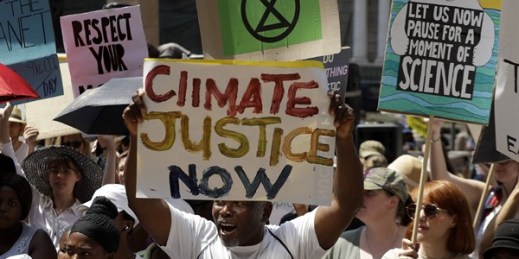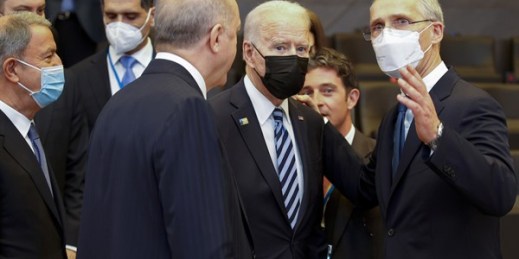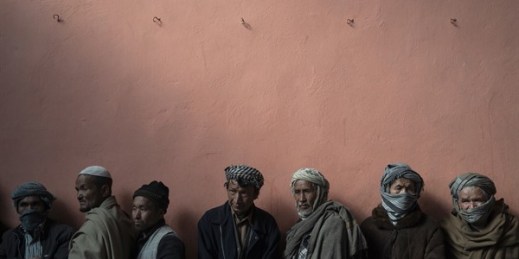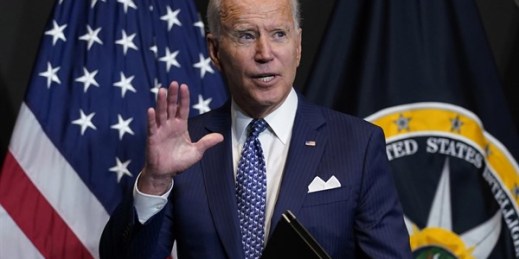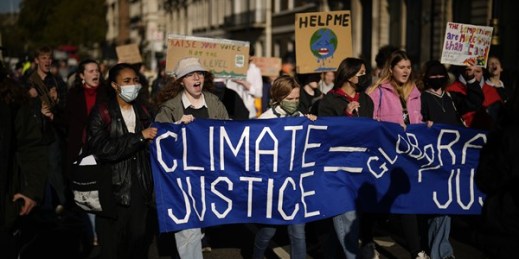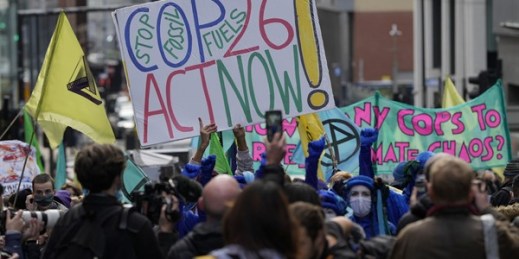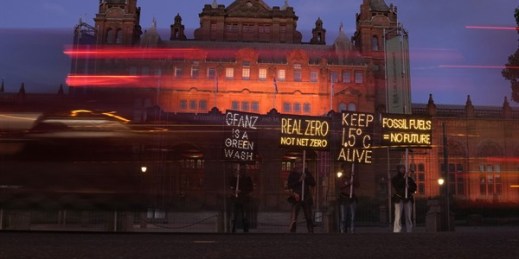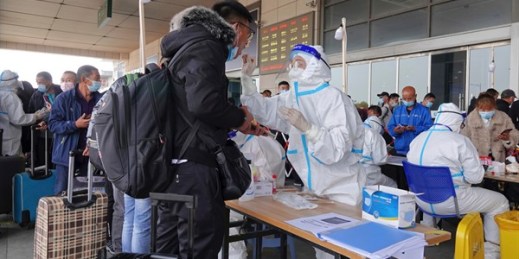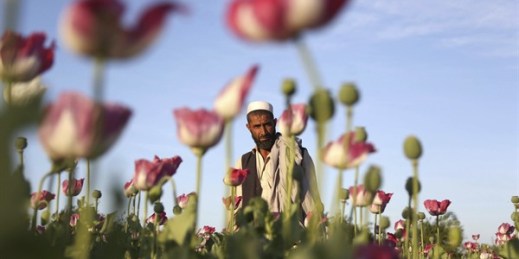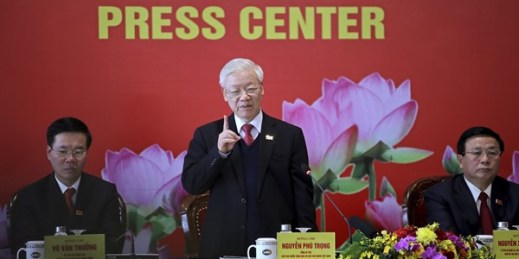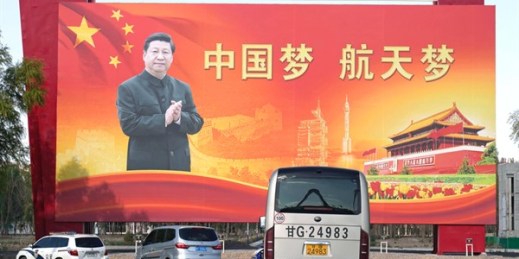
The sixth plenary session of the Chinese Communist Party’s 19th Central Committee began Monday, with nearly 400 members of the country’s top governing body—including party secretaries, governors, heads of state-owned entities and generals of the People’s Liberation Army—meeting behind closed doors for the start of the four-day gathering. Each central committee holds seven such plenary sessions during its five-year term, and the sixth one traditionally focuses on ideology and party-building. This year’s gathering, however, holds special significance, as delegates are expected to pass a key “historical resolution” on the party’s achievements for only the third time since its founding in […]

